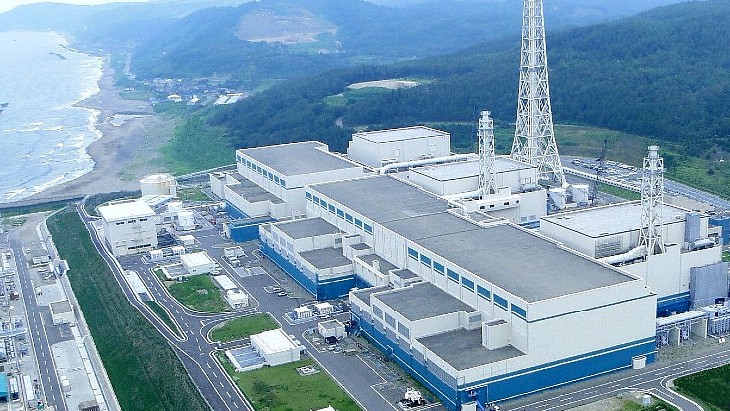The operator of the Mühleberg nuclear power plant in Switzerland, BKW FMB Energy, has lodged an appeal against a recent court ruling that threatens the normal regulatory process of licence extension.
%20460.jpg) |
| Mühleberg (Image: BKW) |
Switzerland's Federal Administrative Court (FAC) ruled on 1 March that the Mühleberg plant can only operate until 28 June 2013, overturning a 2009 decision by the environment ministry to issue an unlimited-duration operating licence to the plant. The court cited the perceived issues of the stability of the core shroud, the plant's ability to withstand a large earthquake and the lack of independent cooling facilities as the reasons for its ruling, which are already under discussion with the safety regulator. It also decreed that BKW must now submit a comprehensive maintenance concept for the long-term operation of the plant to the Department of the Environment, Transport, Energy and Communications (DETEC), together with a new application to extend its operating licence for a specified period. BKW would be required to explain how it would address the deficiencies highlighted by the court as well as how much these measures would cost.
BKW said the FAC's ruling raises "fundamental questions" and lodged an appeal with the Federal Court in Lausanne "in order to obtain the legal certainty required for a decision on investments" in the 40-year-old 372 MWe boiling water reactor.
BKW noted that it started drawing up an overarching upgrade and maintenance concept last year with a view to the continued operation of Mühleberg. In late August, the company submitted the first project variants to the Federal Nuclear Safety Inspectorate (ENSI). These, it said, will be combined into a single concept later this year and re-submitted to ENSI. Due to the FAC ruling, BKW said that this concept will also now be provisionally submitted to DETEC while the appeal is heard by the Federal Court. In addition, evidence that Mühleberg can withstand a large earthquake will be in place by the end of this month.
At the end of 2011, BKW submitted to ENSI a package of measures aimed at further stablising the core shroud. While BKW does not plan to replace the core shroud, the plan includes replacing the four existing tension rods and installing two more. ENSI is now reviewing that proposal.
The FAC also called for the bunkerized and partially underground emergency building at Mühleberg - known as the Susan (Selbstständiges, unabhängiges System zur Abfuhr der Nachzerfallswärme) - to have a cooling system independent of the River Aare. The building's function is to ensure an emergency shutdown of the reactor even in an extreme event. It houses two of the three emergency diesel generators. BKW said that it submitted a project variant to ENSI in August 2011 for a heat sink diverter utilising compact coolers. Since then, it said, "additional project variants have been further elaborated." One proposal is for an underground pipe from the River Saane to the Susan building, as well as an additional reservoir above the Mühleberg site. These project variants will be finalized over the coming months and incorporated into the concept for Mühleberg's continued operation, which will be submitted to ENSI and DETEC later this year.
Should the plant be forced to shutdown next year by court action rather than by safety-based analysis of an independent regulator, this would "entail significant financial and technical implications," said BKW. In addition to requiring some 3 billion kWh of electricity to be bought on the market annually, the shutdown would also result in property, plant and equipment worth some CHF400 million ($429 million) being written down. Provisions for post-operation, decommissioning and disposal would also increase by some CHF200 million ($215 million). Mühleberg's shutdown would reduce BKW's operating income by about CHF50 million ($54 million) per year based on current market prices for electricity and excluding additional write-downs for long-term investments. The additional payments to the decommissioning and disposal funds are estimated at some CHF450 million ($483 million).
Researched and written
by World Nuclear News





_91467.jpg)
_47120.jpg)
_16439.jpg)





